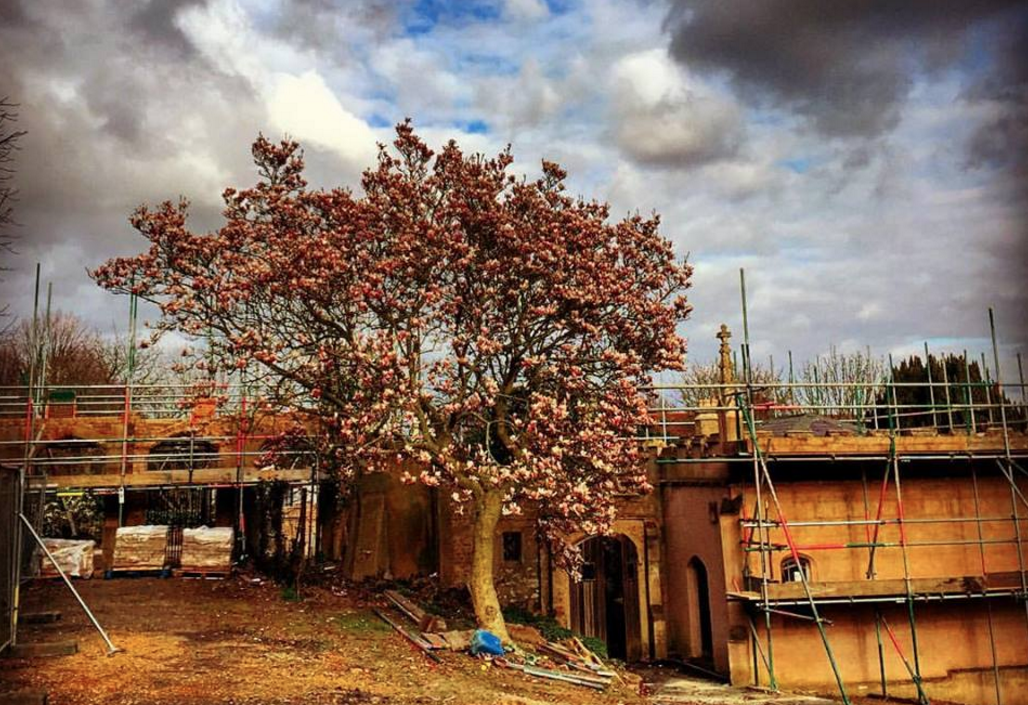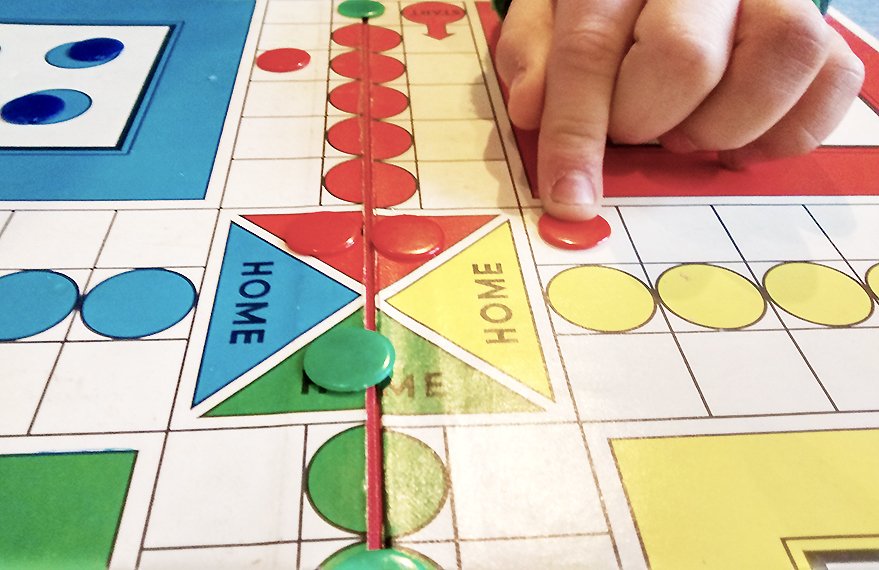Article written by Paula Newton and Maria Fonseca
In recent years, many new projects and economic approaches have arisen, that approach economics and businesses in a different and innovative way. Some of these make good use of the latest technological innovations to put into practice a whole new set of principles that approach economics from a radical point of view. Who hasn’t heard about the sharing economy or the collaborative commons? These approaches result from a deep awareness that the mainstream economic organization of our planet, is not working very well anymore, and it has brought us many problems that need to be solved.
The search for economic alternatives corresponds as well to a consciousness shift happening in society, which is increasingly drawn to a whole new set of values such as ecology, sustainability, meaning, connectedness, spirituality and happiness.
Various alternatives start to be designed and experimented. One of these is the gift economy. But what does that mean? Well, the Gift Economy is a new term to describe a relatively old idea. As argued by Marie Goodwin (2014) of Shareable:
“Gift economics was the basis for exchange practiced by many cultures around the world until the creation of money, even in the West up to the Middle Ages.”
The basic premise of it is that if you have more than you need of a particular product then you give the excess away to people that you know. The ideal result is that if everyone else is doing the same thing then there is a “web of connection” created where everyone is indebted in some way to everyone else. Whether people need water, a roof above their heads, food, clothing or even needs beyond this such as luxuries all can be met through this solution, say their proponents. The following animated video, done for the TED-Ed explains what the gift economy is:
The Gift Economy reinforces itself in many ways, not least of which is when someone is particularly generous then the way they are viewed in the community develops and their esteem grows. This is important because if a person faces a time of greater difficulties, the community is more likely to support them to a greater degree if they have been particularly generous. This Gift Economy consequently provides security at times of crisis, and creates strong relationships between people, which is aspirational for many. Some may confuse the gift economy with the collaborative commons. According to the wikipedia “Commons” refers to the cultural and natural resources accessible to all members of a society, including natural materials such as air, water, and a habitable earth. These resources are held in common, not owned privately.
There is a wealth of authors that have approached the gift economy. Charles Eisenstein is the most known one, who wrote about it in the book the Sacred Economics. In the following video, Charles Eisenstein explains his view on the gift economy.
An interesting point explained by Eisenstein in his book, is the one about how currently money is an abstraction that is very removed from its materiality:
“In that realm, (money) is exempt from nature’s most important laws, for it does not decay and return to the soil as all other things do, but is rather preserved, changeless, in its vaults and computer files, even growing with time thanks to interest. It bears the properties of eternal preservation and everlasting increase, both of which are profoundly unnatural.”
Other authors approaching the same theme are Riane Eisler’s economic thinking, the author of the book The Real Wealth of Nations: Creating a Caring Economics and Lewis Hyde’s masterwork from 1983 The Gift: Imagination and the Erotic Life of Property.
Businesses And The “Gift Economy”
Many businesses are starting to operate in a “gift economy” type of manner. This does not work for every business, but can be a good model for businesses that offer some sort of consultancy or coaching. Small businesses are best suited to this, but that is not to say that it cannot work in large businesses too. However, it is worth understanding a few basic principles first. One is that if someone gives a gift to someone else that does not mean that it was “free”. Rather, this should create a grateful feeling that leads the person that received the gift to determine what that is worth in return and select a suitable timing to deliver a return gift. This is an exchange rather than a freebie. It is also is worth remembering that money can be a gift too. If someone gifts money that is not wrong in the Gift Economy. Not every client will understand the gift economy and that may need to be explained to them. In some cases that could mean losing some clients who do not understand the concept and cannot adapt to it. However, from your side, being open about what you put into the gift is essential so that the other party can understand and give something of equal value in return.
An example of an organisation that is already using the Gift Economy is Panera Bread, a café that has opened in three US cities. Located in Portland, St. Louis and Detroit, the model is that people are gifted what they need, and they leave what they can in terms of payment. The founder works on the premise that if you trust people they may just surprise you. It has certainly been working for Panera Bread. Another really interesting application of this model is being tested out by Elat Chayyim Center for Creative Spirituality at the Isabella Freedman Jewish Retreat Center in the upcoming months. The Center is holding an event called Mikvah, which is a retreat. The focus will be to see how the Gift Economy can work. The idea behind it is that participants state what they are going to provide, such as leading a walk, preparing a meal or giving a talk, or maybe even leading a dance session or meditation. It is anticipated that those that take part will be inspired by their attendance of the week long programme. They will see for real how the Gift Economy can work and how it can be successful. The organisers are quick to explain that this is not the first kind of event that has been carried out like this, but it is certainly a very interesting concept. The Gift Economy, the world will be a better place.
The fantastic promise of the Gift Economy, is how it aims to integrates humans back to nature. With the gift economy, the world could eventually be a better place.

Maria Fonseca is the Editor and Infographic Artist for IntelligentHQ. She is also a thought leader writing about social innovation, sharing economy, social business, and the commons. Aside her work for IntelligentHQ, Maria Fonseca is a visual artist and filmmaker that has exhibited widely in international events such as Manifesta 5, Sao Paulo Biennial, Photo Espana, Moderna Museet in Stockholm, Joshibi University and many others. She concluded her PhD on essayistic filmmaking , taken at University of Westminster in London and is preparing her post doc that will explore the links between creativity and the sharing economy.































